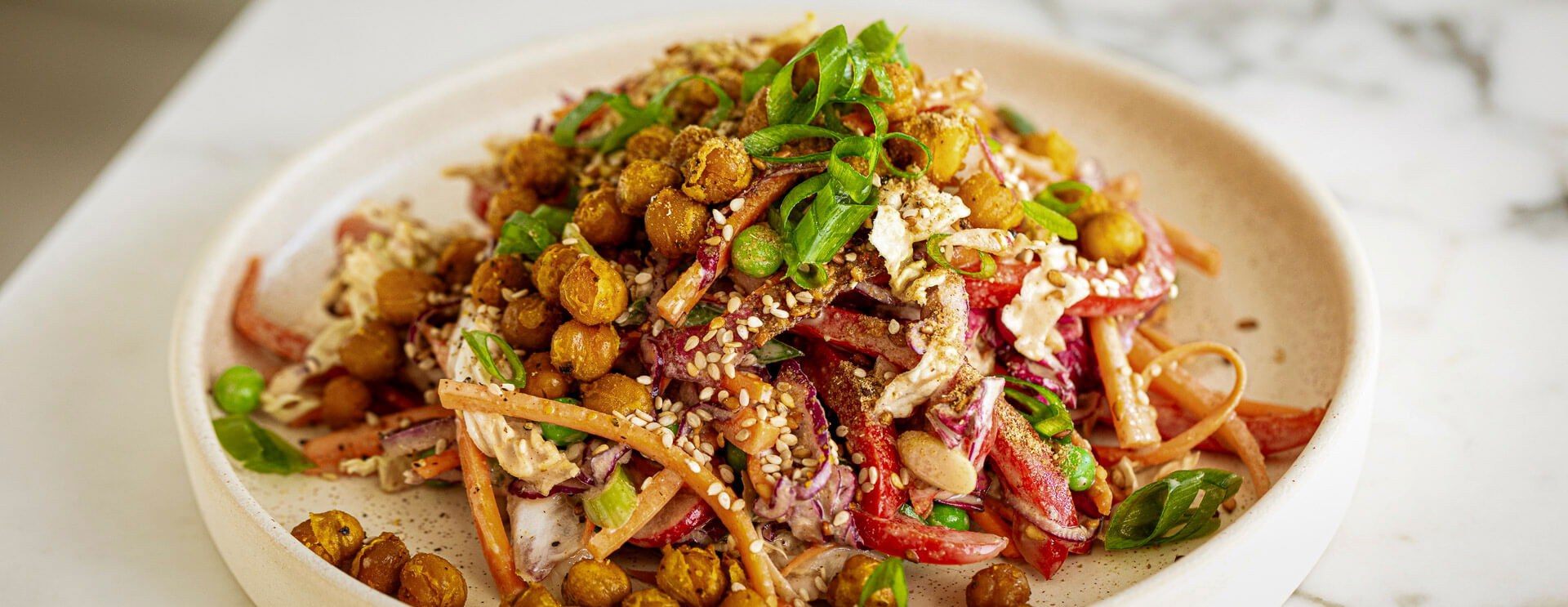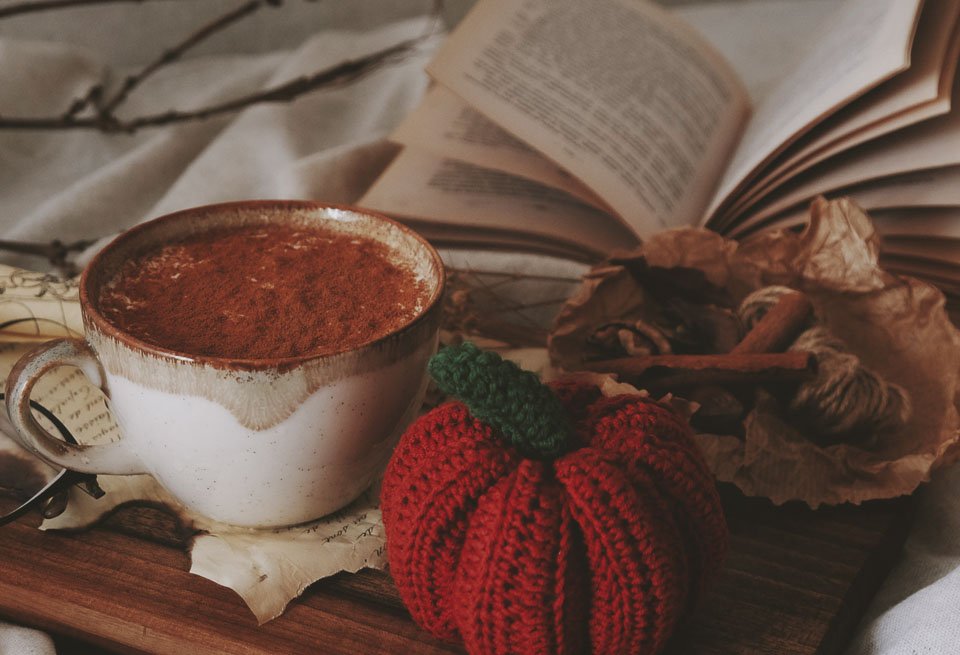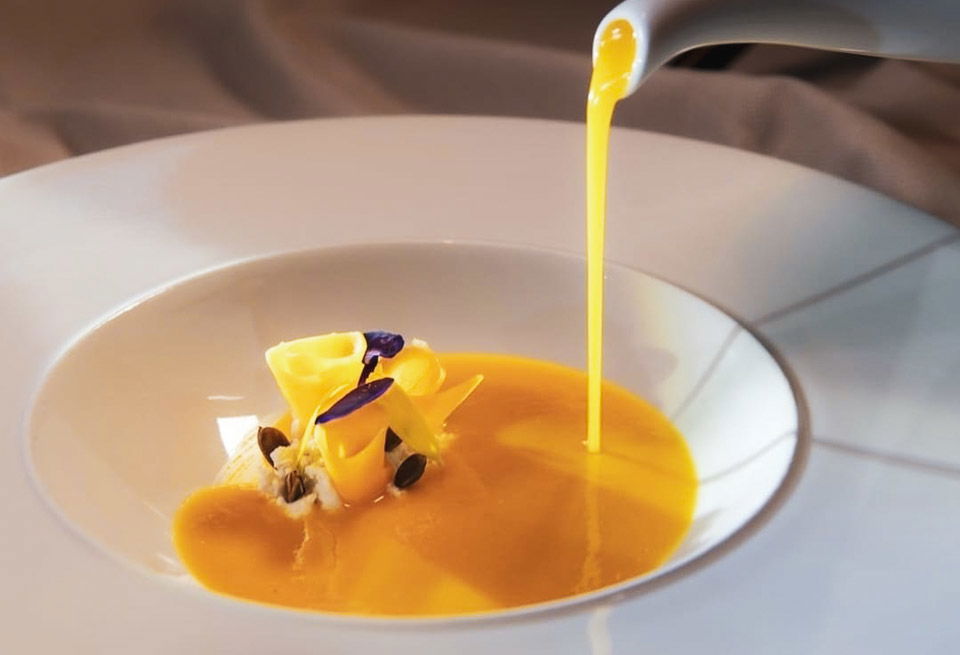
Za'atar
The irresistible Middle Eastern spice blend that is adored (and apparently owned) by the entire Mediterranean
 Za’atar is a spice blend of spices and herbs that originates from the Middle East, and is well accepted throughout the entire Mediterranean area.
Za’atar is a spice blend of spices and herbs that originates from the Middle East, and is well accepted throughout the entire Mediterranean area.
It is most often prepared from ground and dried thyme, oregano, marjoram, ground sumac, fried sesame and salt. It is an extremely popular spice that can be used in almost all dishes thanks to its delicious nutty, spicy, aromatic notes. Za'atar is an integral part of Arab culture, and in that part of the world it is mostly used in the bakery industry - did you know that there are also croissants with za'atar?
Why is za'atar so special?
What makes this spice blend so special is the wild thyme that grows in the Mediterranean region of the Middle East. It is used in North African, Middle Eastern, Greek, and Turkish cuisine in various types of bread and pastries, meat dishes, salads, and spreads such as hummus and labneh.
There are several different blends called za'atar - some contain sumac, some cumin, some coriander, and some fennel seeds. And as it is often the case with popular recipes, each region where it is consumed has its own and considers only its own recipe to be - the real one.
A spice from ancient times
Za'atar dates back to biblical times when it was declared brain food. In the 12th century, it was prescribed to patients as a remedy for indigestion, flatulence, and constipation, and it was thought to eliminate parasites in the digestive tract. It was also believed to solve the problem of bad breath.
In modern Palestine, za'atar is often consumed in the morning because it is believed to keep the mind awake. According to various studies and research, this mixture has numerous positive effects on the human body - it has a preventive effect on heart diseases and diabetes, while it is believed that sumac can lower blood sugar and reduce the risk of dementia.
 Za'atar - excellent in modern cuisine
Za'atar - excellent in modern cuisine
Za'atar does well in modern European cuisine thanks to its wide range of applications. Although we have not yet tried sweet dishes with this mixture, it is almost indispensable in many savory combinations. A simple roasted chicken will experience a complete transformation if you rub it with za'atar before heat treatment (on the grill or a grill pan). It will be aromatic, juicy, and much more interesting.
Try it with labneh – a simple strained yogurt spread, and it will work just as well with cheese and cream. Sprinkle it on salads, rub it into bruschetta, add it to marinades for roasted vegetables, and you can use it to replace oregano on pizza.
It is also excellent in marinades for all white meats and fish and is best to combine with lemon juice and zest.
Latest Recipes
We bring you tried and tested recipes of our favorite dishes, culinary tips, and suggestions on how to best combine spices and ingredients for a complete sensory experience.

Pumpkin spice latte - The finest coffee with pumpkin flavor
Welcome the first days of autumn with the finest homemade pumpkin spice latte drink bursting with the scents and aromas of autumn.

